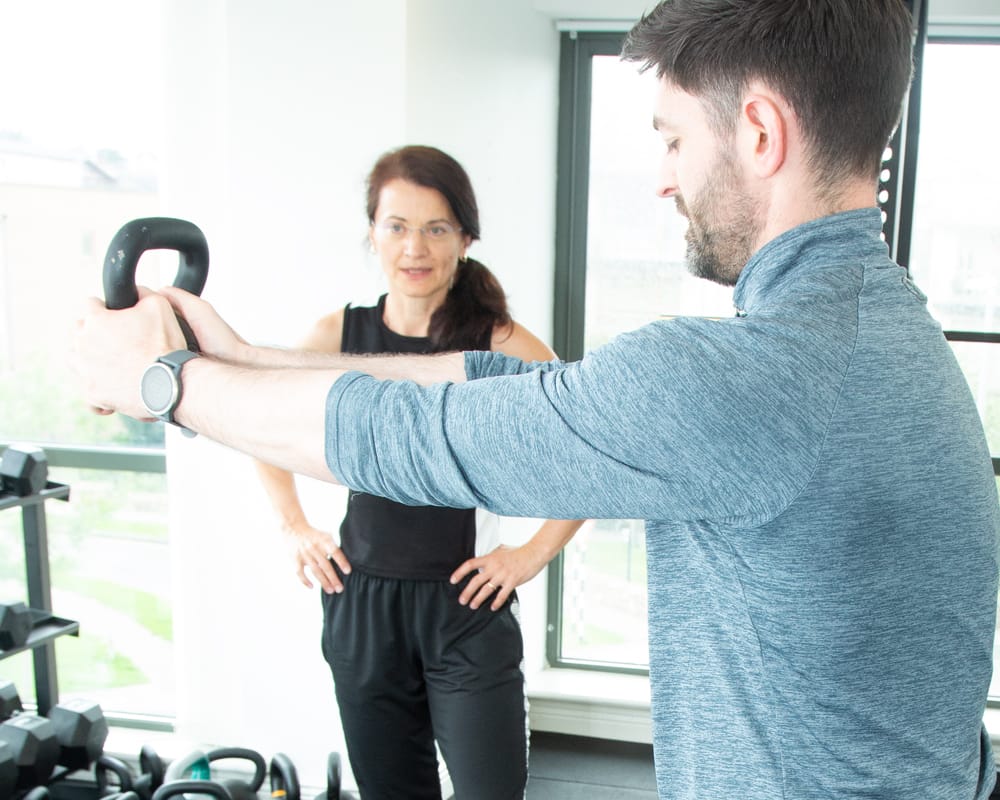Vestibular Rehabilitation
Treatment by Experience Practitioners.
We can help with :
- Vertigo
- Headache
- Migraines
- Concussion
- Balance issues
What is Vestibular Rehabilitation
Vestibular rehabilitation is a type of physiotherapy that is used to help people with vestibular disorders. The vestibular system is responsible for maintaining balance and coordination, and vestibular disorders can cause problems with balance and dizziness. Vestibular rehabilitation is designed to help improve symptoms and restore normal function to the vestibular system. This may involve exercises to improve balance and coordination, as well as techniques to help manage dizziness and vertigo. The specific course of treatment will depend on the individual's specific needs and may involve a combination of different techniques.

How do I know if I have Vestibular Issues
There are several signs and symptoms that may indicate a vestibular disorder. These may include:
- Dizziness or vertigo: This is a sensation of spinning or tilting, and may be accompanied by a loss of balance.
- Balance problems: Difficulty standing or walking, or a tendency to stumble or fall, may be signs of a vestibular disorder.
- Hearing loss: Some vestibular disorders can cause hearing loss or changes in hearing.
- Tinnitus: This is a ringing, buzzing, or other noise in the ear that is not caused by an external source.
- Visual disturbances: Vestibular disorders can cause problems with vision, such as double vision or a sensation of movement when looking at stationary objects.
If you are experiencing any of these symptoms, it is important to speak with a healthcare professional for further evaluation and treatment. They can help to determine the cause of your symptoms and recommend appropriate treatment.

How Can Physiotherapy Help?
Physiotherapy can be helpful for people with balance and dizziness problems in a number of ways. Some specific ways that physical therapy can help include:
- Exercises to improve balance and coordination: Physiotherapists can design a program of exercises to help improve balance and coordination. These may include exercises to improve strength, flexibility, and control of eye movements.
- Techniques to manage dizziness and vertigo: Physiotherapists can teach techniques to help manage dizziness and vertigo, such as gaze stabilization exercises or habituation exercises.
- Education about how to manage and cope with vestibular disorders: Physiotherapists can provide education about vestibular disorders and how to manage and cope with them. This may include information about triggers for dizziness and vertigo, as well as strategies for managing these symptoms.
- Referral to other healthcare professionals: If necessary, physical therapists can refer patients to other healthcare professionals, such as audiologists or neurologists, for further evaluation and treatment.
Overall, physiotherapy can be an effective treatment for people with balance and dizziness problems and can help to improve symptoms and restore normal function.

